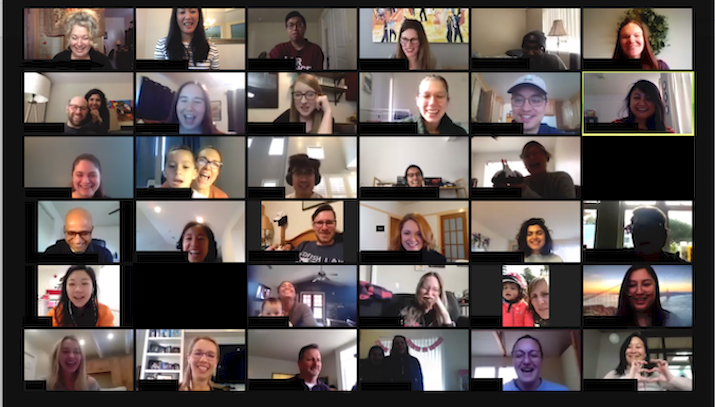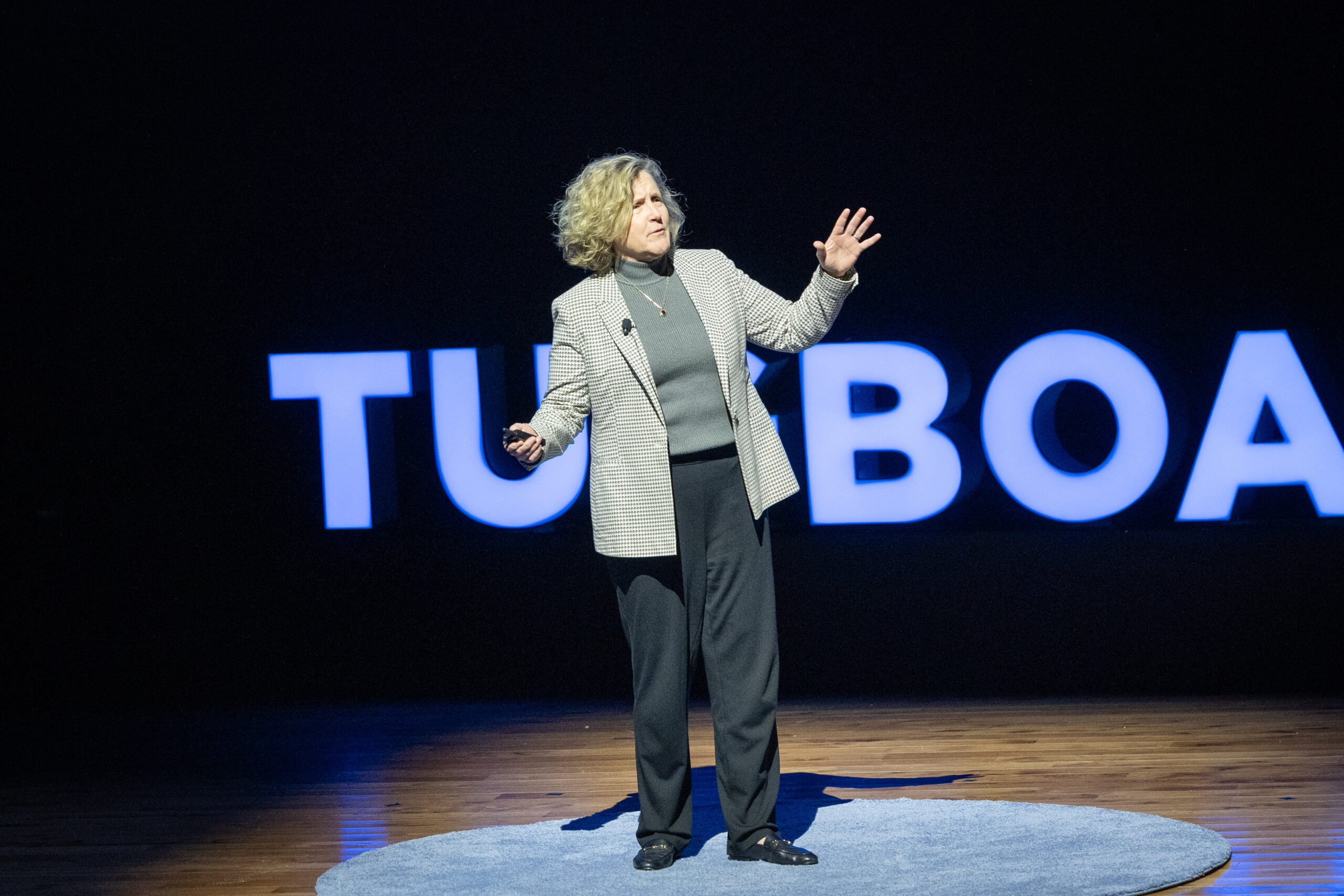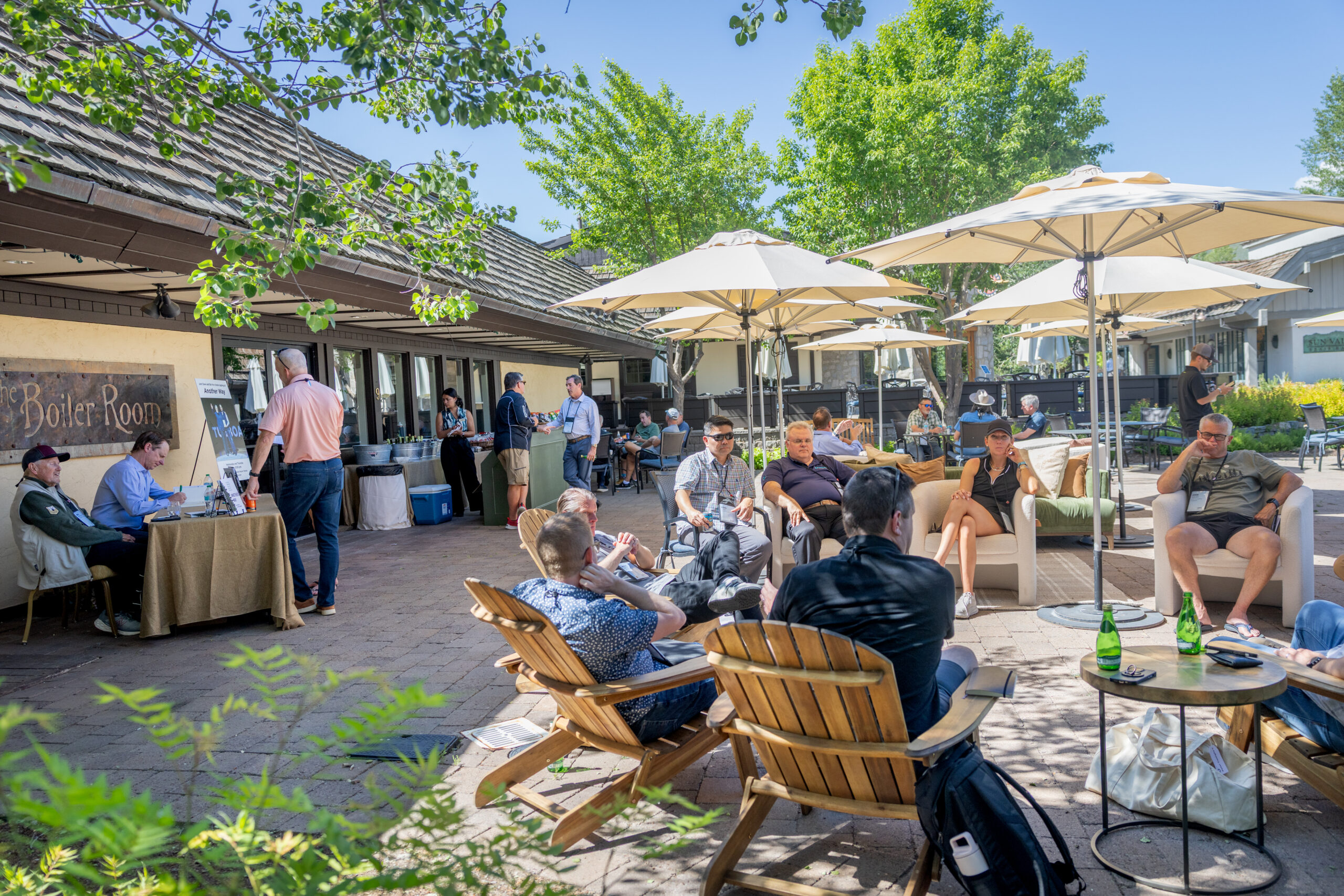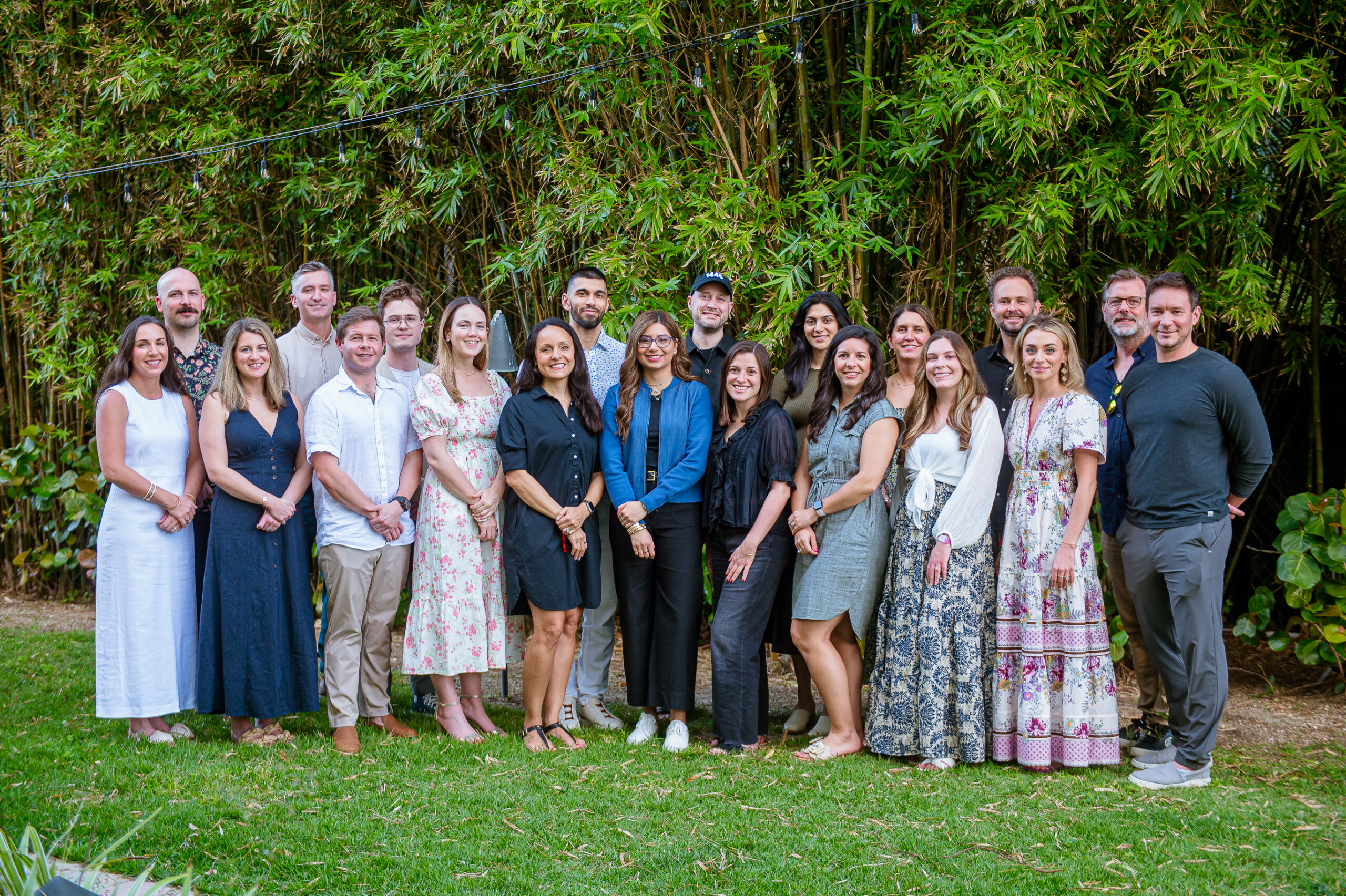

Evergreen Leaders Focus on Humanity and Connection in Today’s Remote-work Landscape
- Diana Price
- Tugboat Institute
The social distancing and quarantine restrictions of this unique moment in time have created a new normal for many businesses, as teams have shifted to remote work. Remote work looks different across industries and companies, but a recent Tugboat Seminar on the topic revealed that Evergreen® leaders share essential core beliefs about how to approach remote work for the health and well-being of their people and their businesses.
Acknowledge and Adapt to the New Normal
“The world—and the world of work—is different today, and to pretend it isn’t would be a mistake,” says Steve Shifman, President and CEO of Michelman, a global developer and manufacturer of environmentally friendly advanced materials for industry. “At Michelman, the work itself goes on, but our associates need a different kind of support. The challenges for us aren’t in maintaining the business, but in maintaining humanity.”
“We have a phenomenal culture based on values, including collaboration, respect, and integrity, and we are focused on supporting the connections that are so vital between people during this time,” Steve says.
“We have had a largely distributed team from the beginning—for 18 years now—and we’ve gotten pretty good about communicating and staying in touch, but we found it surprising how much changed and how rapidly in the wake of the COVID pandemic,” says Ben MacAskill, COO and President of online image sharing and hosting company SmugMug+Flickr.
With homeschooling in effect and with partners and roommates sharing workspaces, the remote setting has changed. To accommodate some of those changes, Ben says, “We’ve acknowledged the new reality and have normalized and encouraged the presence of family, kids, and pets. We are making a point of greeting family who make an appearance on video conferences and making it clear that’s ok and, in fact, welcomed.”
The company has also embraced new flexibility in team members’ daily schedules. “We have always offered unlimited vacation, but what we’re finding now is that people don’t want days off but rather a few hours within a day for homeschooling or to care for a parent,” Ben says. “Accommodating these requests allows work to continue and family needs to be met.”
In addition, he notes, “We’ve done away with a lot of the ‘pretending,’ that goes on in video meetings and remote work. We’re saying outright that it’s ok not to have your hair and makeup done, that you can come to the meeting in pajamas. That change has been pretty great, and I think we will maintain that approach after we resume ‘normal’ remote work.”
Recognizing the novelty of this time and place and being flexible have also guided Michelman’s response. Steve says, “We have associates juggling young children when both parents are working at home, some with teenagers at home, and some caring for parents. All of us are facing this remote work scenario differently. For those of us in leadership, the challenge is to recognize that everyone has a different situation and to do what we can to allow them to bring their whole selves to remote work—that might be bringing a kid on their lap for a conference call or wearing pajamas.”
Working to dispel the expectation of perfection at such a stressful time is also a goal at home décor and consumer products company Balsam Brands. “There is no doubt that working from home while homeschooling is challenging,” says Claire Magat, EVP of People and Growth at Balsam. “We are hearing from parents that they are feeling pressure. We are working to assure them that they don’t need to be perfect—we are naming the challenges and brainstorming solutions: shifting schedules, swapping responsibilities, and moving people to part time temporarily when that’s an option.”
Support Mental Health
Efforts to alleviate anxiety stemming from the added pressures people are feeling while working at home are part of a more-broad plan to support employees’ mental health among Evergreen companies.
“The number one thing we are focused on is supporting the wellness of our team members and especially their mental health,” Claire says. “Let’s face it: this is a scary time from a health and economic standpoint, and our teammates are feeling it. They are concerned for their health and the health of their loved ones and about their financial livelihood.” The isolation made necessary by new social distancing restrictions adds to anxiety for many, especially for extroverts, she notes.
“There’s not much we can do to provide certainty, which is hard, but we can take steps to support mental health,” Claire says. “We’re reaching out to individuals each and every day, listening, and meeting as many needs as possible. We’ve secured mental health resources for those who need them, including connections with virtual therapist and apps and other accessible tools.” Overall, she adds, “we’re making a concerted effort to destigmatize mental health challenges.”
Being open with employees about mental health and providing a range of benefits that address the issue is essential, agrees Everett Harper, CEO and Founder of software development company Truss. “Just normalizing and talking about mental health struggles is often the most profound thing you can do. When I have been open about my own experiences, I have been amazed at how many people reach out to learn more.”
Connect Often to Maintain and Grow Company Culture
Despite the years of experience supporting a remote team, Ben says that the current period of challenge has highlighted the importance of personal connections. “Our managers check in with or send a message to their direct reports daily now—not to ask, ‘are you getting your work done?’ but to ask, ‘How are you doing?’ on a personal level.” In addition to these one-on-one interactions, he notes, they have created opportunities for “scheduled spontaneity”—surprise virtual birthday parties, online karaoke, and virtual “water cooler” chats among the recent offerings, all with the intention of building community and connection.
At Michelman, Steve says, similar efforts to connect people and build on the foundation of culture are underway. “We’re keeping up the normalcy of company traditions where possible, with virtual tweaks. For instance, I have always hosted weekly “chow and chat” lunch meetings when I travel to our locations, and I’ve carried on with that now virtually. Last week I sent pizzas to 200 associates around the U.S., and people dialed in for the lunch.”
Everett says that Slack has been valuable in maintaining connections between remote team members at Truss, specifically the Donut app, which helps introduce employees who may not know one another and provide the opportunity for virtual coffee breaks and meet ups.
We’re All in this Together
As all four Tugboat Institute members who shared insights into remote work made clear, there’s no question of the challenge of this period and the personal anxiety of team members. But, in the face of these hurdles, there is also a unique opportunity for Evergreen companies to offer a platform for connection and meaningful support.
“The potential upside of this scenario is the recognition that we’re all in this together,” Claire says. “We’re all facing disruptions, and those constraints can drive creativity and a shift in perspective.”
Ben agrees, noting “All of the changes we have made, inspired by this new reality, have been around personal connection and staying in touch with people on a human level. We wish we had done some of these things 18 years ago; I think we’ll carry many of these things forward and be a better remote company for the changes.”
Finally, says Steve, as leaders, it’s an opportunity to also express thanks and empathy. “We need to continue to recognize the great work that’s being done, stay visible, and offer up our gratitude. Our people are dealing with hardship, and we need to be calm for them. We can’t predict the future, but we know we can get through this together.”
Diana Price is Content Manager at Tugboat Institute.
Photo courtesy Balsam Brands.
More Articles and Videos

Both/And Thinking: Harnessing the Positive Potential of Tensions
- Marianne Lewis
- Carl L. Linder College of Business, University of Cincinnati

Leading Through Uncertainty – Tugboat Institute® Summit 2025
- Jackie Hawkins
- Tugboat Institute

Get Evergreen insight and wisdom delivered to your inbox every week
By signing up, you understand and agree that we will store, process and manage your personal information according to our Privacy Policy




